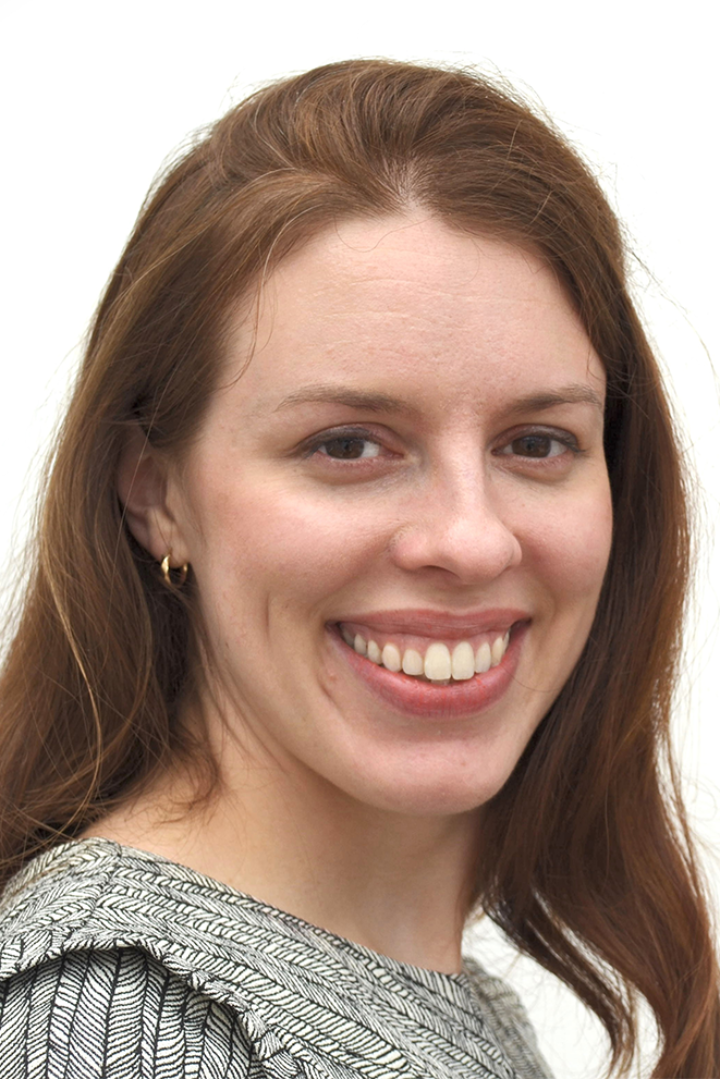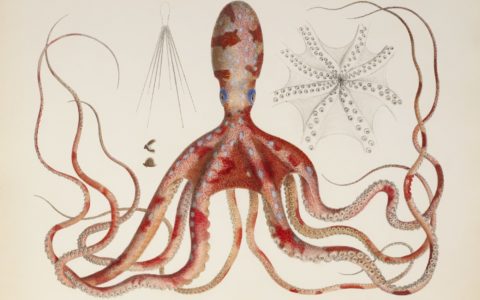The Bicentenary Medal
Awarded to an early-career scientist, in recognition of excellent research in the natural sciences.
Struck in silver to commemorate the 200th anniversary in 1978
of the death of Linnaeus, the Bicentenary Medal is awarded annually in
recognition of work done by a scientist with less than 10 years of
research experience since their PhD.
Nominations are now closed. Nominations will re-open in summer 2026. If you are interested in making a nomination and would like more information, please contact nominations@linnean.org.
Eligibility Criteria
Nominee must have fewer than 10 years of FTE research experience since the award of their PhD. This time period does not need to be continuous—the award is open to nominees who have taken career breaks or extended leave, e.g. parental or long-term sick leave.
Open to any scientist of any nationality, in any field of the natural sciences (e.g. taxonomy, systematics, phylogenetics, evolution, ecology)
For their excellent biological research, and contribution to the wider natural history community, e.g. editorial and/or committee/policy work/public engagement)
Nominee cannot, at the time of nomination, be a member of Council
Nominee does not need to be a Fellow of the Society
We do not accept self-nominations
Nominations cannot be made by a family member of the nominee
Bicentenary Medal Recipient 2025

Dr Joanne Littlefair
‘I’m really delighted to receive this early career award from one of the oldest and most prominent natural history societies. I’m honoured to lead a team working to understand the wonderful diversity of species on earth and to create methods to monitor and protect them. Thank you!’
Dr Joanne Littlefair has developed an exceptional research programme that addresses critical questions in biodiversity discovery and monitoring by using large-scale genomics and bioinformatics tools for ecosystem assessment. Her team led the first studies to adapt molecular biodiversity monitoring by isolating DNA from the air. This research is truly interdisciplinary and has significant implications for conservation, forensic science and bio-aerosols, demonstrating the feasibility of low contact sampling for a wide range of understudied taxa and ecosystems.
The huge potential and scope of her work has been recognised by her exceptional early-career grant success, with Joanne being awarded a UKRI Future Leaders Fellowship, as well as an ERC Starting Grant.
Previous Recipients of the Bicentenary Medal
- Professor Dr Anne-Claire Fabre (2024)
- Dr Tanisha Williams (2023)
- Dr James Rosindell (2022)
- Dr Scott A. Taylor (2021)
- Professor Kayla King (2020)
- Dr Steve Portugal (2019)
